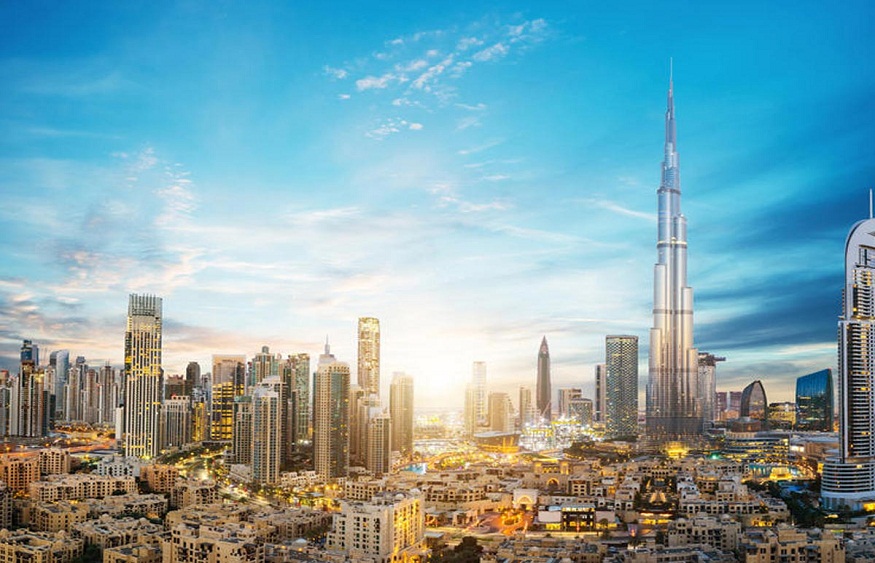The United Arab Emirates (UAE) is a popular destination for real estate investors worldwide, thanks to its thriving economy, strategic location, and diverse property offerings. Among the most sought-after areas are the luxurious properties for sale in Palm Jumeirah, which attract high-net-worth individuals and investors looking for premium real estate investments. However, before diving into the UAE’s property market, it is crucial to understand the foreign ownership restrictions that govern real estate purchases in the country. Navigating these restrictions effectively can help investors make informed decisions and maximize their returns.
Understanding Foreign Ownership Restrictions in the UAE
The UAE operates under a unique legal framework where real estate ownership laws differ between its seven emirates, with each emirate having its own regulations and guidelines. Dubai, for instance, is known for its investor-friendly environment and offers the most liberal property ownership laws in the UAE. In contrast, other emirates may have more stringent restrictions. Understanding these variations is vital for any foreign investor considering property investment in the UAE.
1. Freehold vs. Leasehold Properties
In the UAE, property ownership is primarily divided into two categories: freehold and leasehold.
- Freehold Properties: These are properties that foreign nationals can fully own, including the land and the building. Freehold ownership provides the investor with complete control over the property, including the right to sell, lease, or develop the property as desired. Freehold properties are mainly located in designated areas known as freehold zones, which are earmarked by the government to encourage foreign investment. Dubai, in particular, has a wide range of freehold zones, including Palm Jumeirah, Downtown Dubai, Dubai Marina, and Jumeirah Lake Towers.
- Leasehold Properties: In contrast, leasehold properties allow foreigners to lease the property for a period of up to 99 years. The leaseholder does not own the land on which the property is built and has limited control over the property. Leasehold ownership is more common in emirates like Abu Dhabi, where foreign ownership is more restricted.
Understanding the distinction between freehold and leasehold properties is crucial for investors, as it determines the level of control and flexibility they will have over their investment.
2. Designated Freehold Areas in Dubai
Dubai is the most liberal emirate in terms of foreign ownership, offering several designated freehold areas where foreigners can buy and own property outright. These areas are strategically positioned to attract foreign investment and encompass some of Dubai’s most renowned neighborhoods, including Palm Jumeirah, Dubai Marina, and Downtown Dubai.
- Palm Jumeirah: One of the most famous freehold areas in Dubai, Palm Jumeirah is an artificial archipelago that offers luxury villas, apartments, and hotels with stunning views of the Arabian Gulf. The apartments for sale in Palm Jumeirah, along with other properties, are highly sought after by both residents and investors due to their exclusivity and prime location.
- Dubai Marina: Another popular freehold area, Dubai Marina is a bustling waterfront community known for its high-rise towers, luxury yachts, and vibrant nightlife. The area offers a mix of residential, commercial, and retail spaces, making it an attractive destination for investors.
Investors interested in purchasing property in Dubai should focus on these designated freehold areas to ensure they have full ownership rights and the flexibility to manage their investments as they see fit.
3. Foreign Ownership Restrictions in Other Emirates
While Dubai offers a more relaxed approach to foreign ownership, other emirates in the UAE have stricter regulations. For example:
- Abu Dhabi: In Abu Dhabi, foreign nationals can only own property in designated investment zones. However, the ownership is limited to leasehold rights, meaning investors can lease the property for up to 99 years but cannot own the land.
- Sharjah: In Sharjah, foreign ownership is more restricted, and non-GCC nationals cannot own freehold property. Instead, they can enter into long-term leases of up to 100 years.
- Ajman, Umm Al Quwain, and Ras Al Khaimah: These emirates have more flexible regulations, allowing foreigners to own freehold property in designated areas, similar to Dubai. However, the real estate markets in these emirates are smaller and less developed compared to Dubai and Abu Dhabi.
It is essential for investors to research and understand the specific regulations in the emirate where they plan to invest to ensure compliance with local laws.
4. The Importance of Legal Guidance
Given the complexities of foreign ownership laws in the UAE, it is highly recommended that investors seek legal guidance before making any property purchases. Legal professionals who specialize in UAE real estate can provide valuable insights into the local regulations, help investors navigate the legal process, and ensure that their investments are protected.
5. Impact of Ownership Restrictions on Property Value
Foreign ownership restrictions can have a significant impact on property values in the UAE. Properties in freehold areas, particularly in Dubai, tend to command higher prices due to the flexibility and security they offer to foreign investors. In contrast, properties in leasehold areas or emirates with stricter ownership laws may be less attractive to international buyers, leading to lower demand and, consequently, lower property values.
Investors should carefully consider the potential impact of ownership restrictions on the long-term value of their investment. While freehold properties may require a higher initial investment, they offer greater security and potential for capital appreciation in the future.
Conclusion
Investing in UAE real estate offers lucrative opportunities, especially in prime locations like Palm Jumeirah and Dubai Marina. However, navigating foreign ownership restrictions is crucial for making informed decisions. By focusing on freehold properties in Dubai’s designated areas and seeking legal guidance, investors can maximize their returns and ensure a secure investment. Understanding the complexities of UAE real estate law will empower investors to make strategic choices, safeguarding their investments and capitalizing on the growth of this dynamic market.



